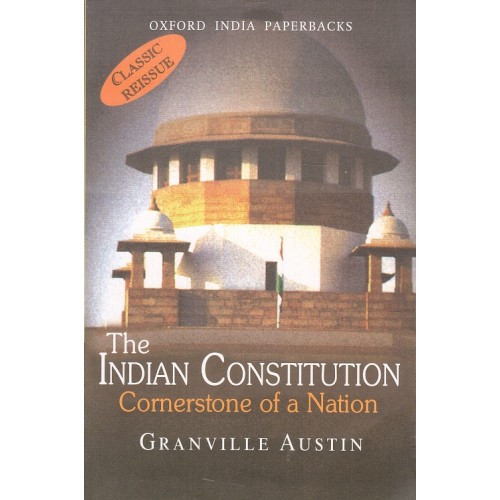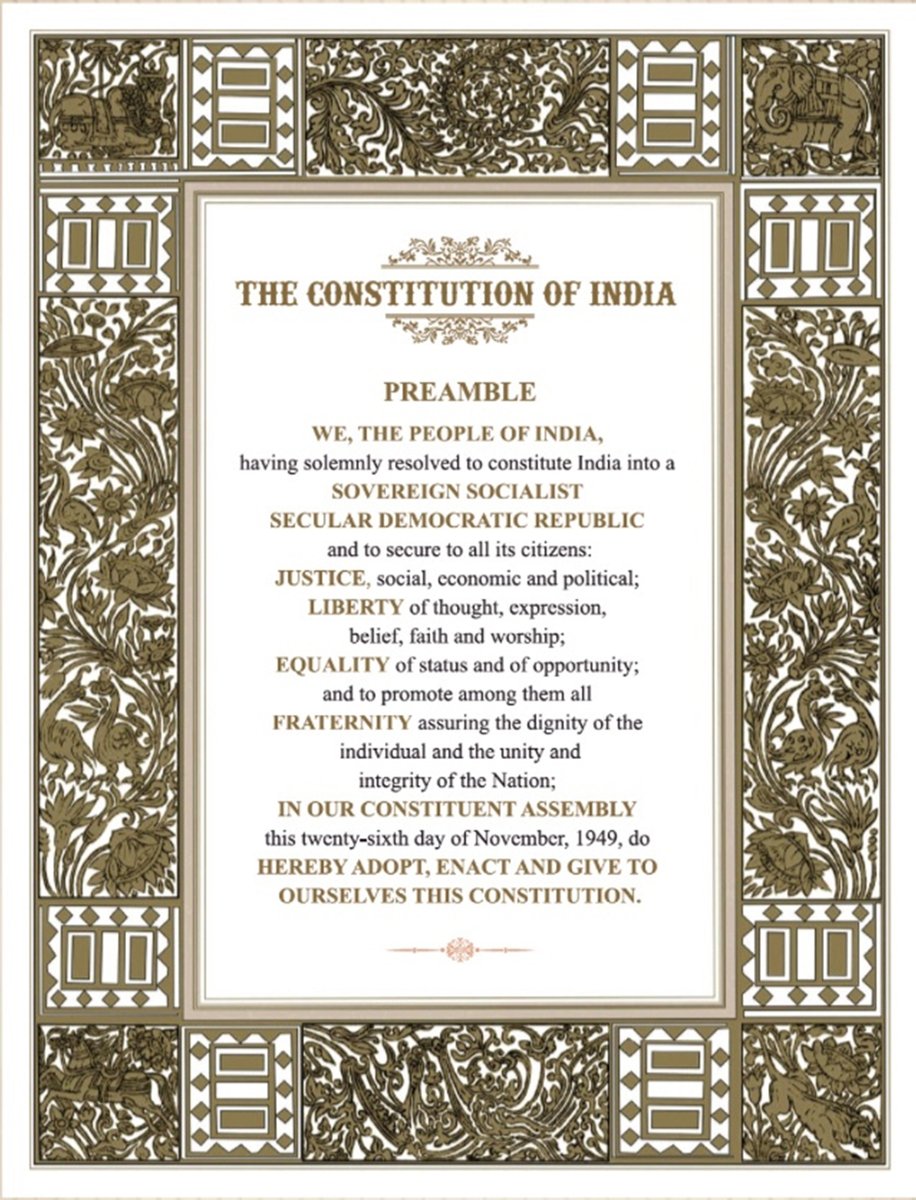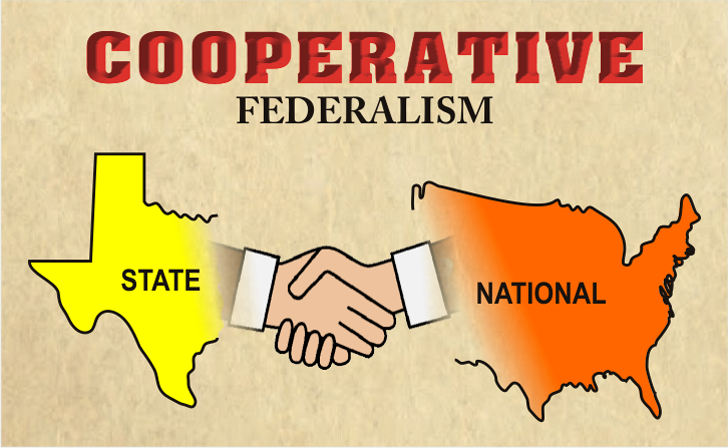

You will also see partition (and fears it stokes) shaping articles around federalism and relationship between provinces and union. Constituent assembly debates about every minor detail that went into the constitution (For ex: Removal of the words "Due process" in one of the articles was debated so extensively). You also understand why constitution borrowed heavily from 1935 Act. None of the important parts of the constitution was decided based on majority.

Author cites that's what makes this an Indian constitution even though it has foreign origins.

You will also see that many of the prominent figures (Nehru, Patel, Ambedkar, Prasad to name a few) wield enormous influence but they never forgo consensus and accommodation (two prominent features of the constitution making process) to enforce their will. Reading the book one understands why various provisions exist in the constitution as it is today. I took my own sweet time to read this as this is a very heavy read. Book thoroughly documents how the constituent assembly (with the help of lawmakers and various other experts) drafted various parts of the constitution (Fundamental rights, directive principles, executive, judiciary, federalism, language provisions to name a few).


 0 kommentar(er)
0 kommentar(er)
